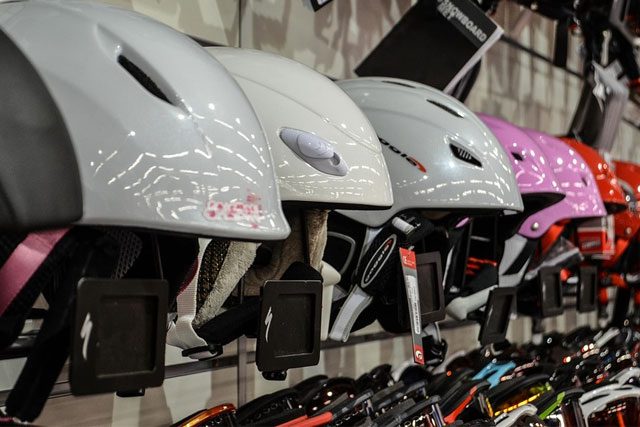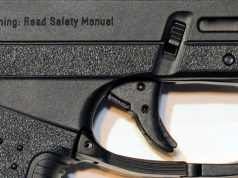
If you’ve suffered an injury due to a defective, poorly-designed, or ineffective helmet, you may be owed compensation by the manufacturer.
Whether you’re playing a sport or riding a bike or motorcycle, you need to protect your head and skull. Skull injuries commonly lead to traumatic brain injuries, which can cause permanent cognitive issues and result in years of physical therapy.
Due to the important role helmets play in preventing head injuries, manufacturers are required to manufacture helmets that withstand great force and cushion blows. When a manufacturer skirts this responsibility and takes a dangerous or defective product to market, they open themselves up to liability.
Minimum Safety Requirements for Helmets
For the most part, helmets are made with care and have to pass through rigorous testing. In addition, federal transportation and sports equipment safety agencies usually put out minimum safety requirements that manufacturers must follow.
What a lot of people don’t understand is that these minimum requirements are generally very easy to meet, and they are often barely enough to keep you safe. On top of that, a lot of manufacturers don’t spend the time, money and effort to ensure the helmets they create can stand up to different accident scenarios because they see this as a waste of money as long as they’ve met the minimum requirements.
NHTSA statistics state that helmets, in general, are 85 to 88 percent effective when it comes to preventing brain injuries in motorcycle accidents. Additionally, motorcycle helmets can reduce fatality likelihood in a crash by up to 37 percent.
Defective Helmet Lawsuits
In order to bring a valid product liability claim against a helmet manufacturer, there are certain conditions that need to be met. First of all, it must be shown that the helmet was in good condition, and not modified after purchase. Second, there must be a direct correlation between your injuries and the helmet failure.
In order for both of these conditions to be proven up (and to have a fair shot at winning your case), you will likely need to consult with a product liability lawyer in your area who takes these types of cases on a no-win, no-fee (contingency-fee) basis.
Product liability cases often require a lot of leg work, evidence collection, expert witness testimony, and a strong knowledge of relevant case law. Remember that you’re going up against a company with a lot more resources than you, and who likely has a team of attorneys at the ready. In order to have a fair chance at winning your case, you’ll need the help of an attorney.
Here are some of the most common types of defects in helmets:
- The helmet fails to comply with penetration requirements
- The helmet’s fasteners were made with flimsy material that can come apart easily
- The helmet’s outer shell has been made with a weak or soft metal
- Faulty chin straps which don’t keep the helmet in the right position during a crash
Defective Helmets and Product Liability Law
The legal concept of product liability allows consumers to seek compensation from manufacturers if they can show that negligence during the manufacturing or design process led to preventable defects which caused (or exacerbated) an injury.
That being said, it’s always a good idea to discuss the facts of your potential case with a qualified attorney in order to determine the strength of your case. Many product liability lawyers offer free consultations over the phone for this exact reason.
Chances are, defective helmet cases usually uncover thousands of potential cases involving the same product, leading to recalls and mass tort lawsuits. By filing a defective helmet lawsuit, you’ll be doing your part in spreading awareness about a product which may go on to potentially save the lives of of others.
At the end of the day, the industry needs to be put to task when it comes to producing unsafe products that act as the first line of protection for people in contact sports or when using certain types of transportation.







